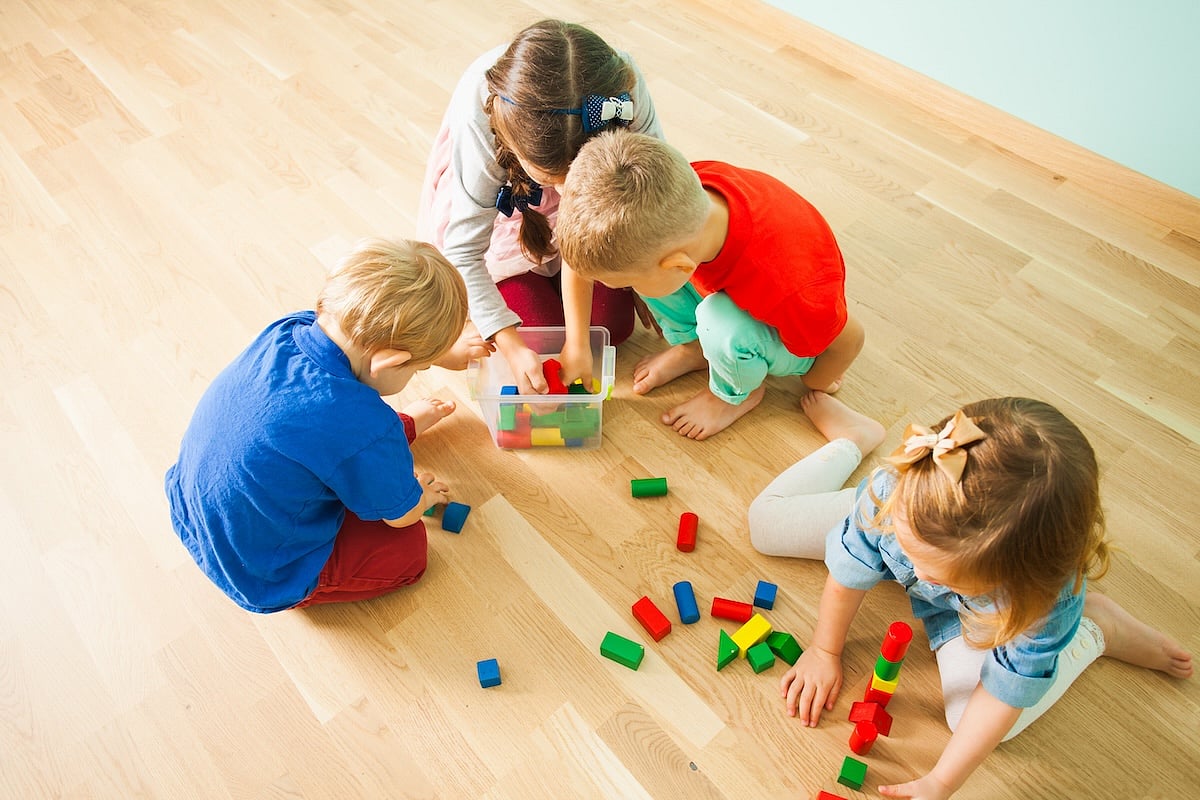THANK YOU!
Manténgase sano!

- Posted August 25, 2024
Why 'Socializing' Your Young Child Is So Important
When you have a young child, you can wind up spending most of your time changing diapers and feeding them, but one expert suggests that socialization is also important for your child's future well-being.
From an early age, socialization can help hone their communication skills and foster companionship and empathy. Relationships teach young children about perspective, taking turns and meaningful friendships.
In turn, “[Socialization] gives the benefit of having peer support and friendship that can bolster sense of self,” said Dr. Eric Storch, vice chair of psychology in the Menninger Department of Psychiatry and Behavioral Sciences at Baylor College of Medicine. “Friends not only provide emotional support, but also give feedback that, together with other important figures, helps shape the person you become.”
Given that, social interaction is necessary from the start, he said. For babies and small children, spending time with family is crucial for development. As they get older, they shift their social energy to peers and friends, while keeping family close.
What if your child struggles in social settings?
While there is no recipe for the perfect amount and type of socialization for a child, parents should focus on their children if they’re struggling in certain social situations, Storch said.
This may be driven by anxiety or simply different interests. It might also stem from the pandemic, which kept children out of school and other social settings, Storch noted. While most children bounced back, some suffered more than others and have struggled with behavioral problems.
Storch suggests parents and caregivers help their child succeed in social situations in these ways:
Create opportunities for children to be themselves. Every child is different; one might enjoy playing sports, while another might play Dungeons and Dragons. Personalize ways they can engage with others.
Encourage risk-taking. Making sure your children get out of their comfort zone in a safe fashion is helpful.
Join groups. Group settings can help kids develop social skills.
Consult a mental health professional. When you’re worried about a child’s ability to socialize well or you sense behavioral concerns, such as anxiety and depression, reaching out to a doctor or mental health professional is wise.
SOURCE: Baylor College of Medicine, news release, Aug. 19, 2024







